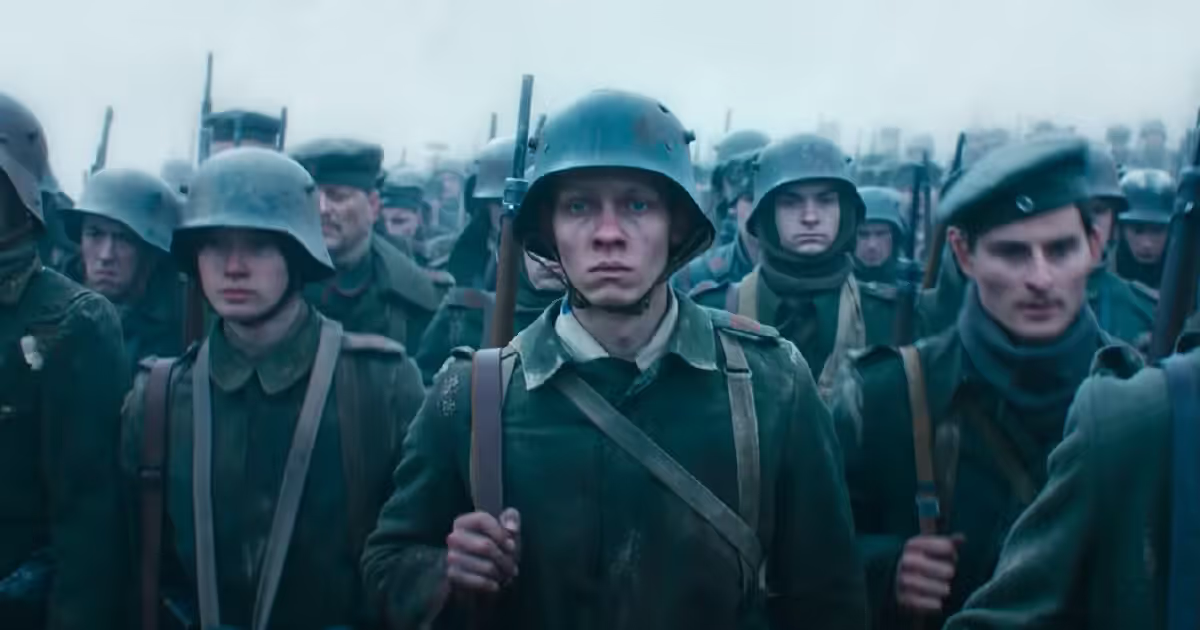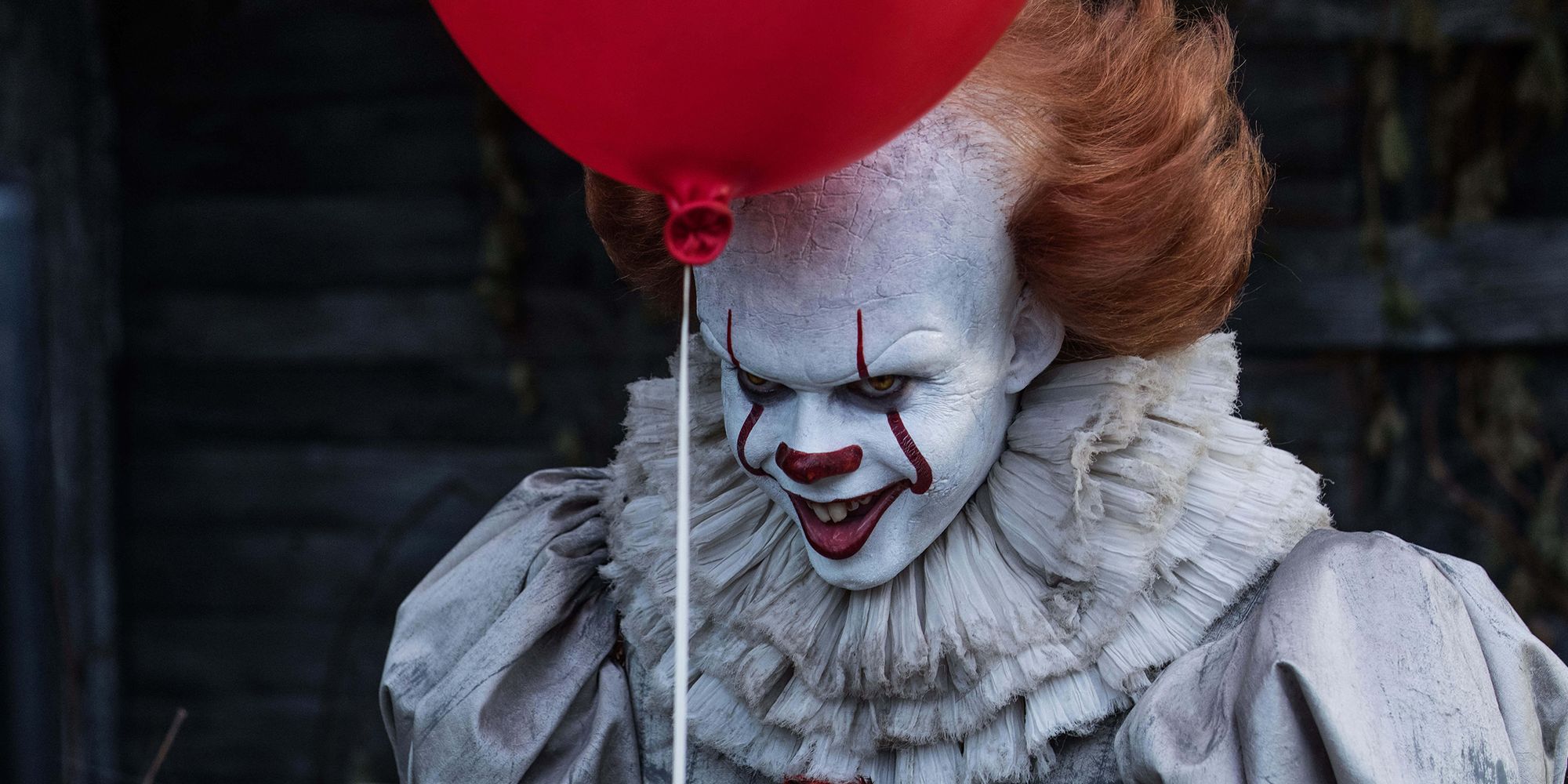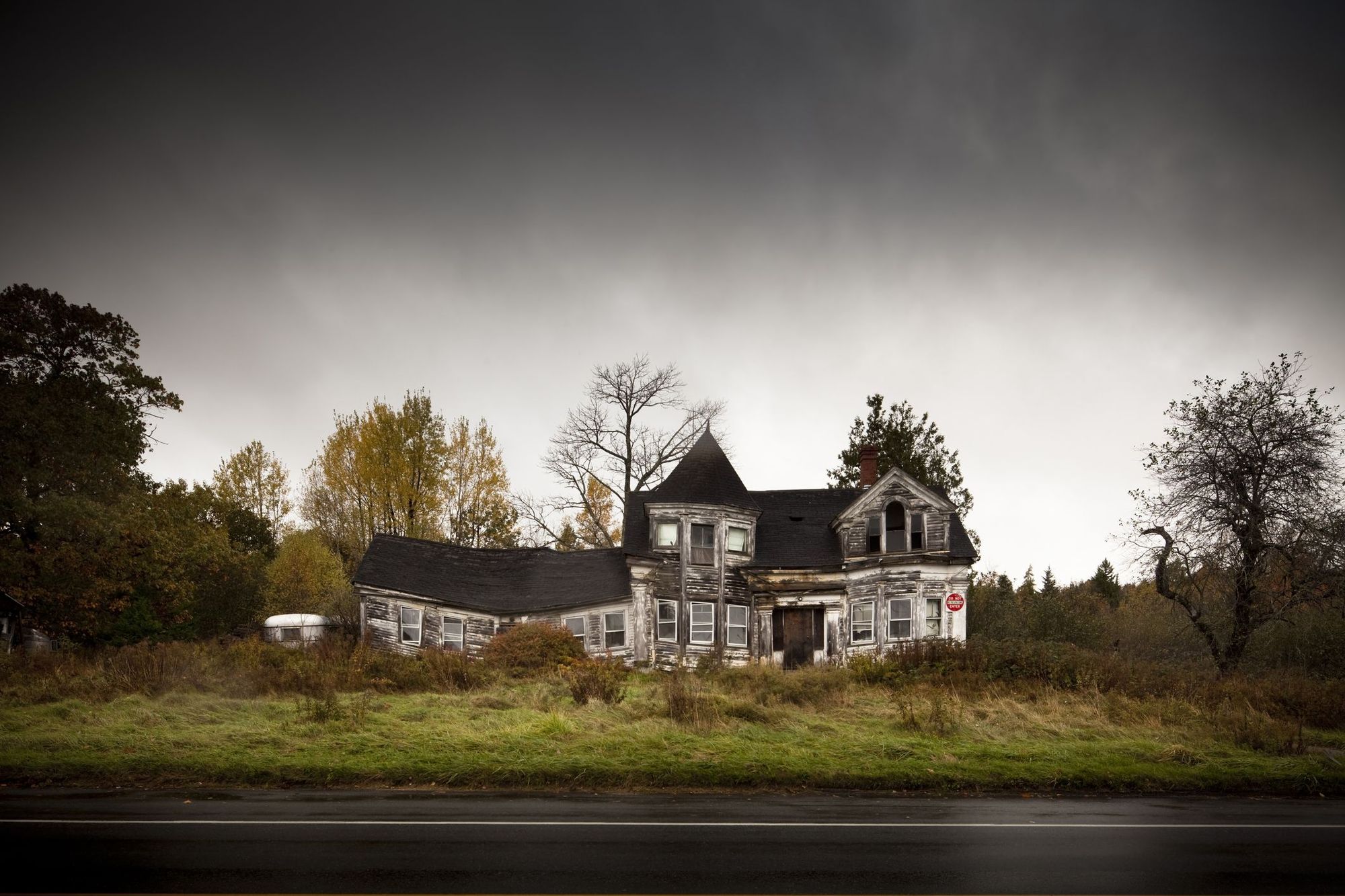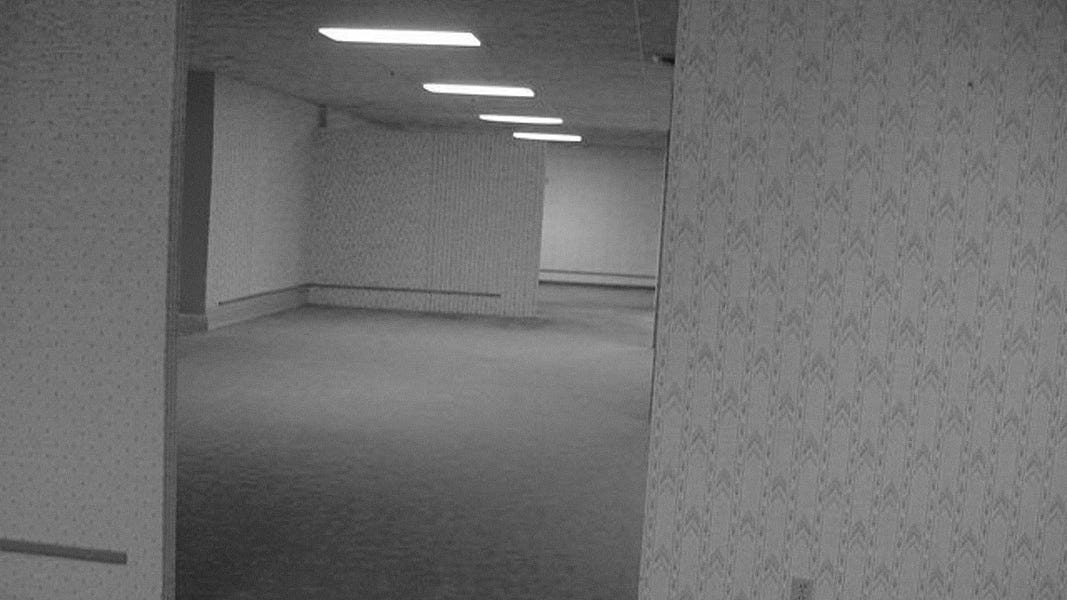Why everyone seems to be watching horror
...and how this opens up an exciting new space for creative brand-builders.
Have you noticed just how much horror content there is on Netflix lately?
People are seemingly loving watching shows featuring serial killers like Jeffrey Dahmer - as well as a whole lot of other equally disturbing content - as a way to relax and unwind.
What's going on? Is it true? Why does there seem to be so much disturbing content out there and are viewers wanting it?
The answer is yes - it is a big trend.

According to cultural theorist and fellow futurist, Matt Klein - who writes the incredibly insightful online publication ZINE:
In 2021, the horror genre gained 13% market share of the box office, its highest control since ‘95. For the very first time horror ticket sales beat out comedies, dramas, and thrillers.
For context: In 2014, horror only had a 2.4% share of the box office. And its sudden growth hasn’t been because of more horror releases. Comedies have historically been released on a 3:1 ratio to horror films.
Further, since 2020 views to r/Horror on Reddit have grown nearly double. Views to r/LiminalSpace are up +77%, and both r/ParanormalEncounters and r/HighStrangeness are up more than +2X since the pandemic struck in 2020. - via
Why is this? What's going on?
Well, interestingly enough, during times of uncertainty and scary phenomena that people are struggling to deal with in their real lives, horror movies and games actually help people psychologically deal with their fears.
Horror helps people do scenario planning of how they might escape a fearful situation.

Scary movies, books and podcasts can help people think through how they would respond to threats and prepare them for worst-case scenarios, say experts who study the psychology of fear.
Watching somebody else getting slashed makes the fear of your next mortgage repayment seem far less severe.

Instead of ruminating over, say, finances, they can worry about the zombies they’re watching. When you watch a horror movie, you can “switch the source of your anxiety,” explained Coltan Scrivner, a researcher in the Recreational Fear Lab at Aarhus University in Denmark, which studies the situations in which fear can be fun and meaningful. When the movie ends, your anxiety may subside, too. - via The New York Times
Horror movies help us master our own fears.

They dissect the horrors so we can safely study them through the comforting distance of the screen. To paraphrase Stephen King, we know that a movie will end, which gives us hope that the pain we experience in real life will end, too.
Conspiracy theories and a 'belief in the paranormal' help us by giving us an explanation for the unexplainable.
Again thanks to research conducted by Matt Klein:
Views to r/LowStakesConspiracy have grown +74% YoY, a community theorizing around “off phenomena” with equal parts humor and desperation for a shared cultural understanding.
Meanwhile, views to r/Aliens are up +50% since 2020, with views to r/UFOs up +3X. As background: two-fifths of Americans now believe extra-terrestrials are behind UFO spottings, up from just one-third only a couple years ago.
Adopting a supernatural explanation is a flex of control.
When so much is out of control, theory is a refreshing reclaim of self-sovereignty. Our own explanation beats the one that isn’t even given. Power is taken back.
Choosing to believe in ghosts is not as much about haunting spirits, as it is an opportunity to author our own answers in an overwhelming, unexplainable environment.
The take out
More:





